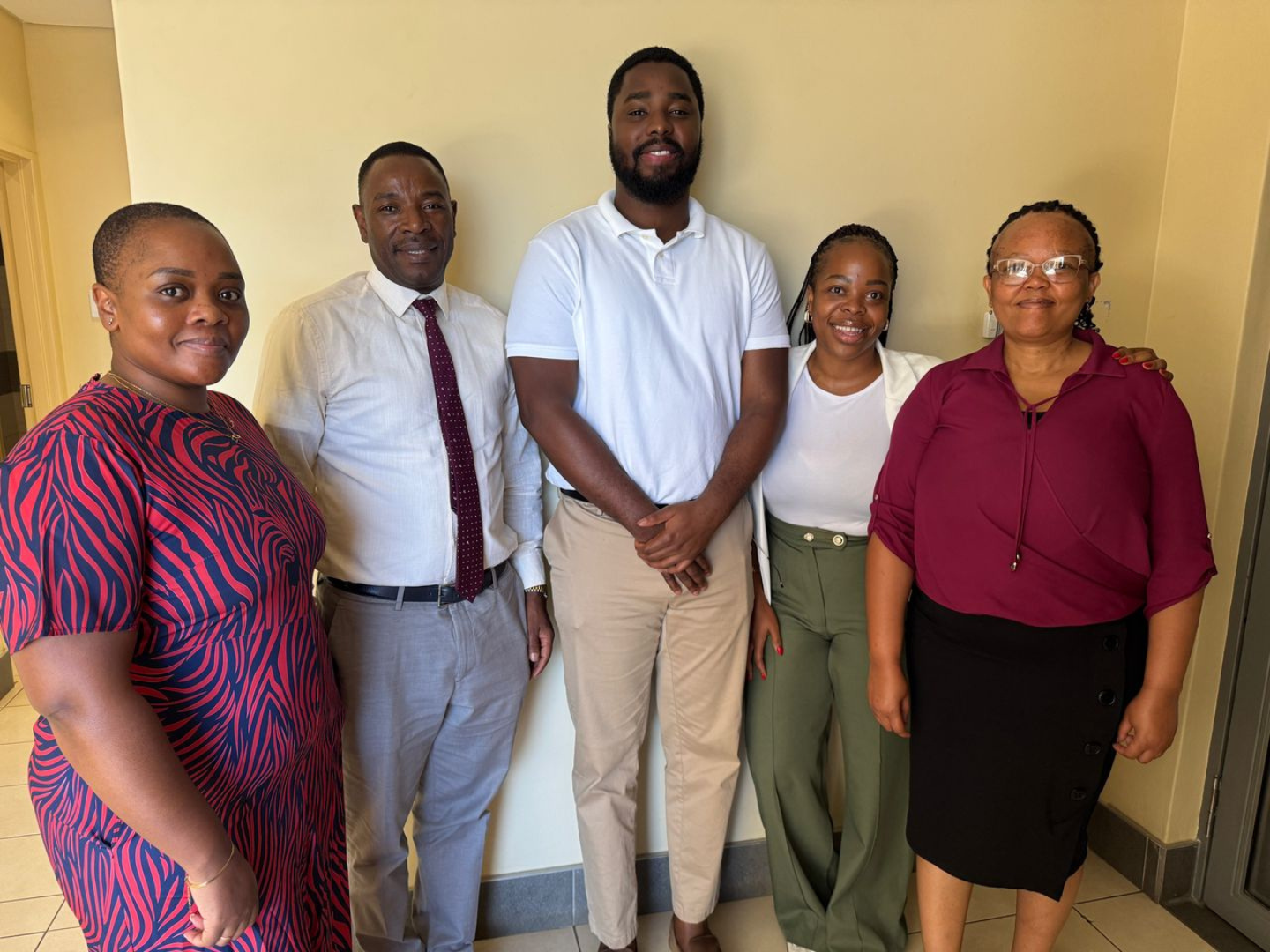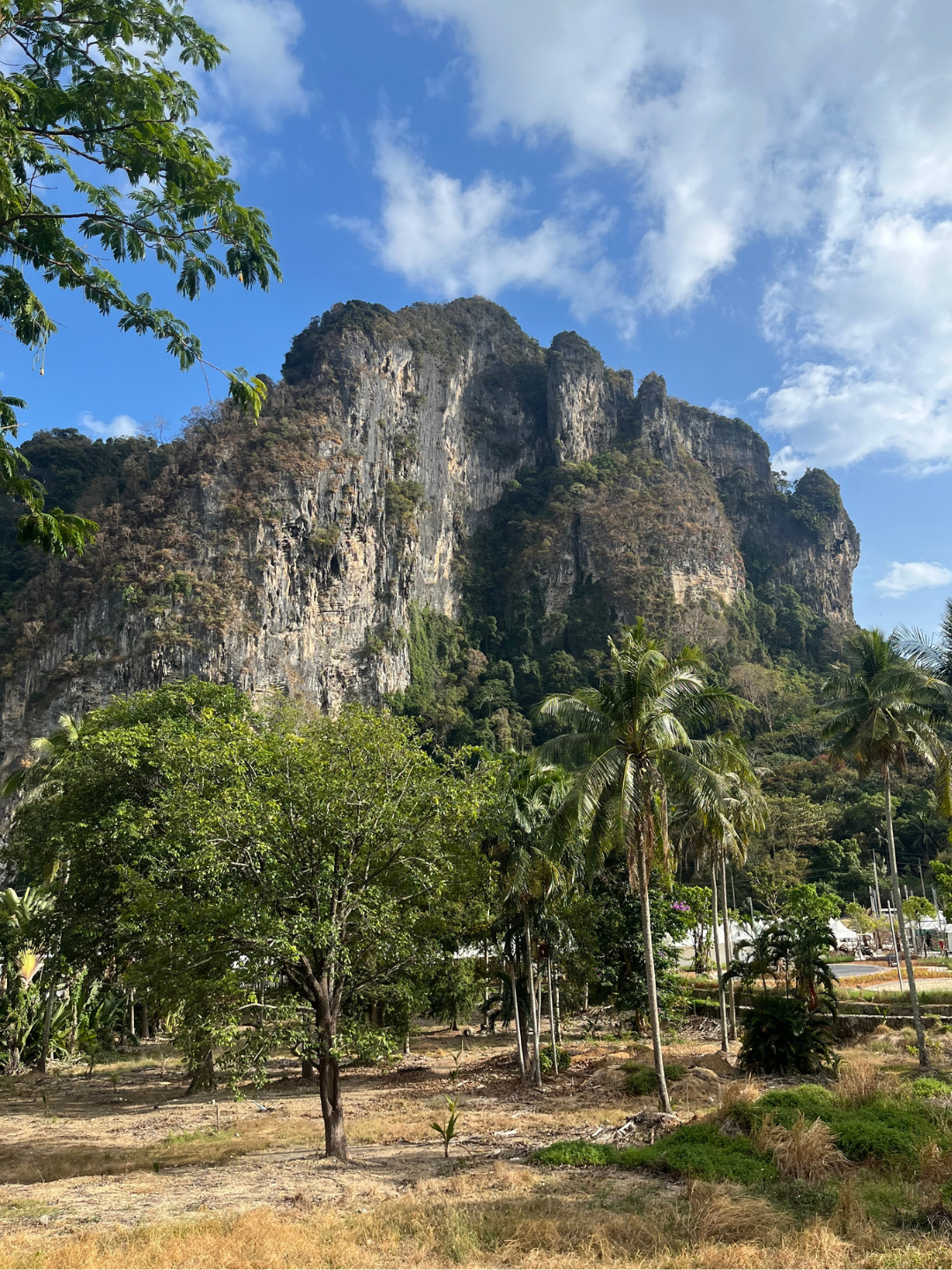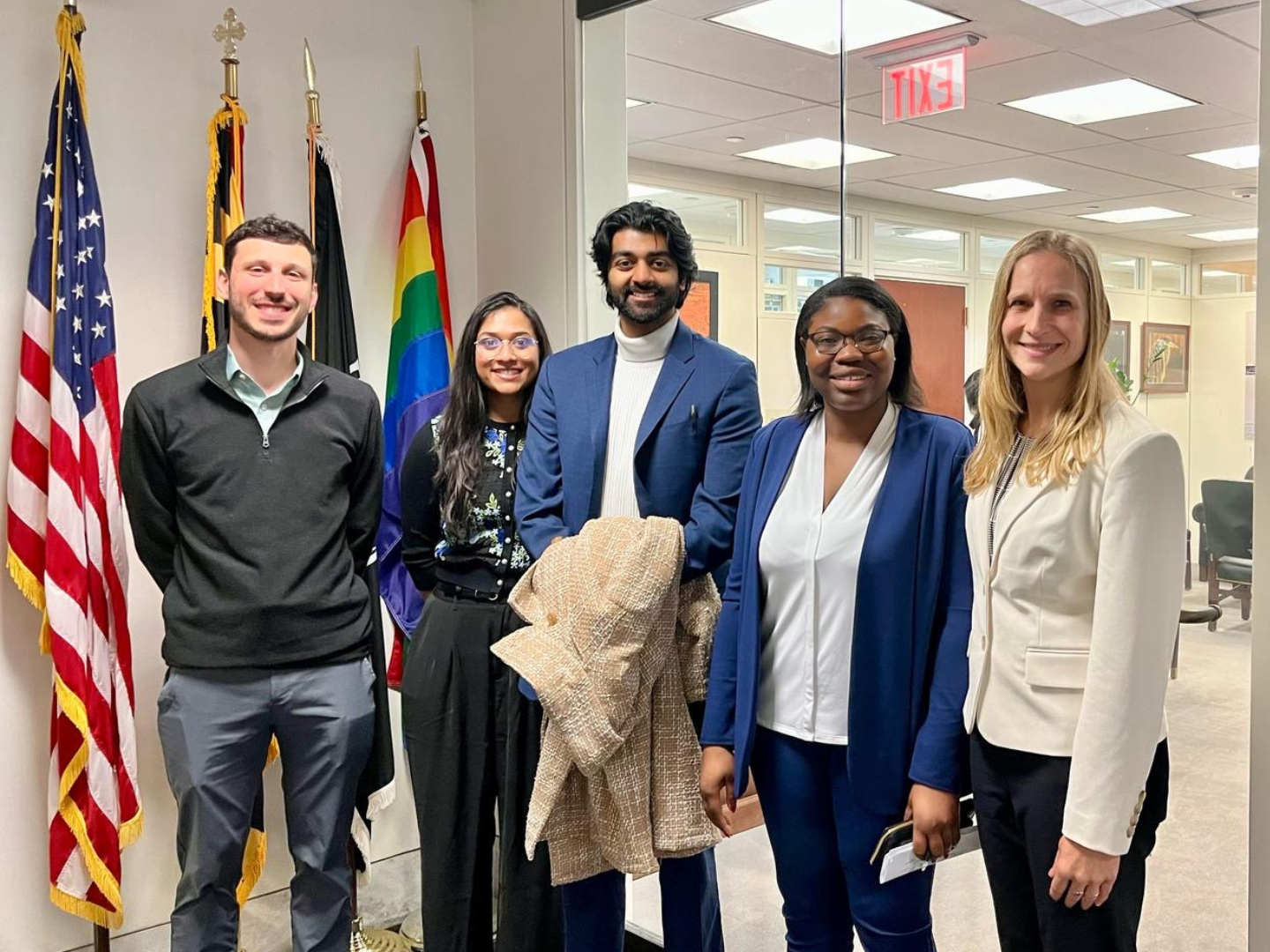
When Emily Makhlouf, M.D., thinks about health care in Kenya, she remembers the crowded wards at AIC Litein Hospital, a rural hospital six hours west of Nairobi. Patients traveled long distances for care, many with tuberculosis, HIV, or chronic illnesses.
Among the hundreds of patients she saw, one man in his late 30s with post-COVID lung fibrosis left a lasting impression. In his final hours, he handed Dr. Makhlouf a note thanking her for her care.
“He accepted his passing with such grace,” she said. “Coming back to the United States, I realized how much we intervene at the end of life, and that having options does not always mean we have to use them.”
Inside the Track
Dr. Makhlouf’s time in Nairobi was part of a four-week rotation within the MedStar Health-Georgetown University Global Health Equity Track, a two-year, multispecialty program designed to prepare residents and fellows to understand the factors shaping global health equity.

(From left) Dr. Elijah Terer, AIC Litein Hospital CEO; Dr. Mark Sauerwein; Dr. Boaz Niyinyumva, Program Director; Dr. Emily Makhlouf; and Dr. Lorraine Ekisa. Photo courtesy of Emily Makhlouf.
Trainees have the option to rotate through sites in the United States and abroad, from clinical work in the Navajo Nation and clinical observations at Colombia’s CES University to research at Thailand’s Chulalongkorn University.
The rotation is just one part of a broader program that also includes interdisciplinary seminars, advocacy initiatives, and cohort-based learning.
Roughly 30 residents and fellows make up the track, bringing expertise from specialties such as family medicine, psychiatry, infectious disease, and dermatology.
“In a single-specialty setting, conversations can become an echo chamber,” said Katherine Stolarz, D.O., the director of global health at MedStar-Georgetown Graduate Medical Education and an assistant professor of family medicine at Georgetown’s School of Medicine. “Our multi-specialty track brings perspectives that enrich every discussion.”
Global Experience
The trainees’ backgrounds span the globe. Some trained as physicians abroad, while others draw on personal ties to different regions.
Dr. Makhlouf spent two years as a flight surgeon with the U.S. Navy in Okinawa, Japan, before returning to residency.
Other residents in the cohort returned to regions they know well.
Kwame Akyeampong, M.D., who grew up across Africa, completed his rotation in Eswatini through a new partnership between MedStar-Georgetown Graduate Medical Education, the Georgetown University Global Health Institute, and the Center for Global Health Practice and Impact.
There, he collaborated with ministry officials, equipment donors, and local chiefs to design a primary care facility from the ground up.
Following his residency, Dr. Akyeampong plans to continue the project and apply the lessons he learned in other low- and middle-income countries in Africa.

Dr. Akyeampong (center) with the Center for Global Health Practice and Impact Eswatini team.
Similarly, Leen Dabbas, M.D., with family roots in Jordan, joined a project led by the King Hussein Cancer Center, the Jordan Ministry of Health, the World Health Organization, and the Jordan Centers for Disease Control and Prevention to improve infectious disease care in the country.
“It was inspiring to collaborate with colleagues who have dedicated their careers to addressing health disparities in the region,” she said.
Collaboration Across Borders
Behind these resident experiences lies a network of global partnerships.
The track is designed for long-term engagement and mutual exchange, with MedStar-Georgetown Graduate Medical Education also receiving residents from its international partners.
“We want residents to collaborate thoughtfully and avoid extractive research,” said Dr. Stolarz. “Their goal is to learn from the communities and local health professionals we have partnered with.”

A mountainous area in Thailand’s southern province of Krabi. Photo courtesy of Caitlin Gauvin.
One of the track’s longest-standing partners, Chulalongkorn University, participates in this exchange by sending observers to Washington, DC, each year. During their most recent visit, they learned from diabetes and kidney specialists at MedStar Georgetown University Hospital.
Likewise, infectious disease fellow Caitlin Gauvin, M.D., completed her rotation at Chulalongkorn and is now co-authoring a study on improved tuberculosis outcomes with faculty at the university.
“This is exactly the kind of partnerships we hope for,” said Dr. Stolarz, “Not only meaningful clinical exposures but also academic exchange that leads to shared learning across borders.”
When the residents and fellows present their final capstone projects at the MedStar Health - Georgetown University Research & Education Symposium, international partners are included on the posters to highlight these shared academic achievements.
Policy in Practice
Residents and fellows in the track visit their congressional leaders each year to advocate for legislation on global health topics ranging from immigrant health care to tuberculosis programming and beyond.
Building on her experience abroad, Dr. Makhlouf joined over a dozen peers at Capitol Hill to promote federal funding for global health training in medical residency programs through the Paul Farmer Global Health Training Grant Act.

Residents with Dr. Stolarz (right) at the Global Health Equity Track Advocacy Day.
“Policy is essential,” said Dr. Makhlouf. “One administration’s decisions can save millions of lives. As physicians, we have to think about how our work fits into the bigger picture.”
This training in policy and advocacy is central to preparing future global health leaders. “The ability to engage in policy makes effecting large-scale change in health care systems possible,” said Dr. Stolarz.
Looking Ahead
As the track grows, Dr. Stolarz sees expanding faculty involvement and strengthening global partnerships as priorities.
Each year, the track has added new specialties and faculty mentors to guide the residents.
Dr. Stolarz leads the track with the belief that it should not only draw on clinical training. “We need to exchange knowledge that strengthens systems at home and abroad. A healthier global community translates into a healthier community locally. This is where we can begin to have impact,” she said.
This is a vision that resonates with trainees like Dr. Makhlouf.
“I still have the letter from my patient in Kenya,” she said.
Full List of Global Health Partnerships
International
- CES University, Colombia
- Chulalongkorn University, Bangkok, Thailand
- Mann Deshi Foundation, India
- AIC Litein Hospital, Kenya
- Georgetown University Center for Global Health Practice & Impact, Eswatini
- Additional 19 speciality specific sites
Domestic
- Indian Health Services (Chinle, Arizona; Zuni, New Mexico; Fort Defiance, Arizona; Gallup, New Mexico)
- D.C. Department of Health (Washington, DC)
- Shepherd’s Clinic (Baltimore, Maryland)
